Suez Canal becomes a new front in Israel-Hamas conflict
Big shipping lines are ceasing to use the Red Sea under threat from Houthi as nations mobilise to provide naval escorts.
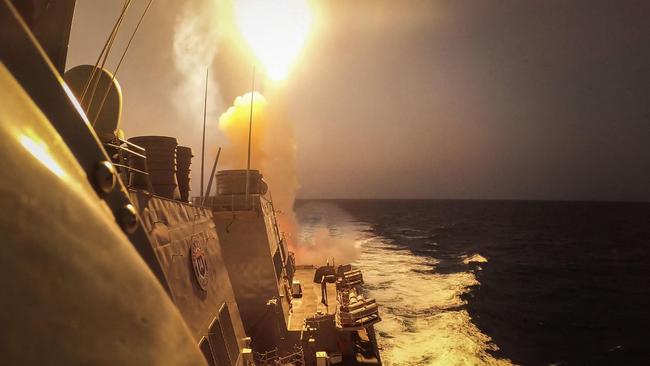
Many of the world’s biggest shipping lines, oil producers and other cargo owners are diverting vessels from transiting through the main route to the Suez Canal, citing security concerns from Houthi rebel attacks in the area.
The risk to vessels through one of the world’s critical trade routes has spurred discussions among government officials about establishing a multinational task force to protect seaborne traffic, according to people familiar with the matter.
US and European officials are discussing a Red Sea naval escort service, and are still trying to secure the support of Saudi Arabia and the United Arab Emirates, the two main players in the Yemeni civil war, these people said.
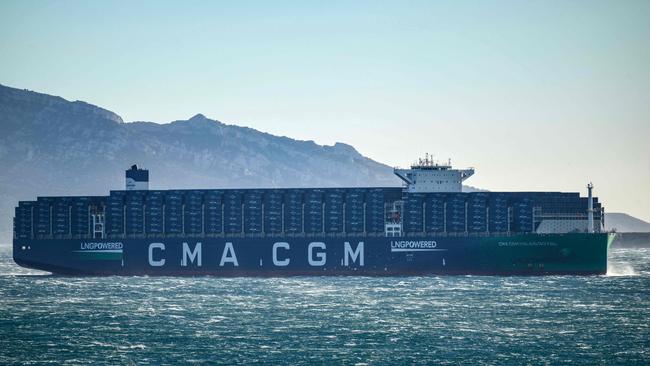
Oil giant BP on Monday became the latest company to halt its tankers from sailing through the Red Sea after attacks by Yemen’s Iran-allied Houthi forces.
Several of the biggest boxship owners – A.P. Moller-Maersk, Hapag-Lloyd, MSC and CMA CGM – have also decided to divert some ships.

The three big shipping alliances, made up of the world’s top 10 boxship (container ship) players, have issued a “pending” notice on Red Sea routes, meaning ships are asked to drift or divert on a case-by-case basis.
On average there are 17 boxships crossing the Suez Canal daily. Brokers say it is now around 14, but the Suez Canal says traffic is normal.
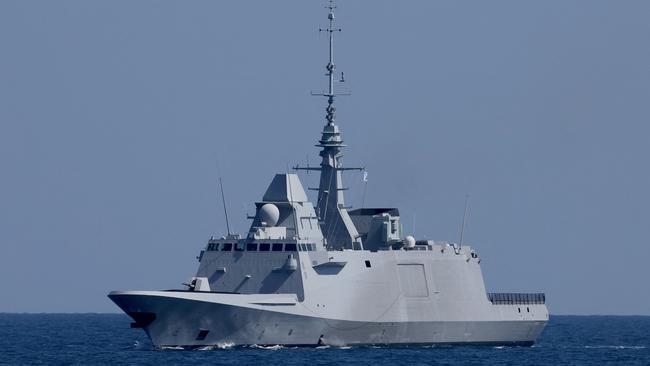
The conflict between Israel and Hamas had, until now, barely interrupted global flows of crude and cargo beyond halting small volumes shipped in and out of Israel. Oil was still sailing through the Red Sea on Monday.
After BP’s withdrawal, traders and brokers said they were concerned that other major shipping and trading companies could follow suit.
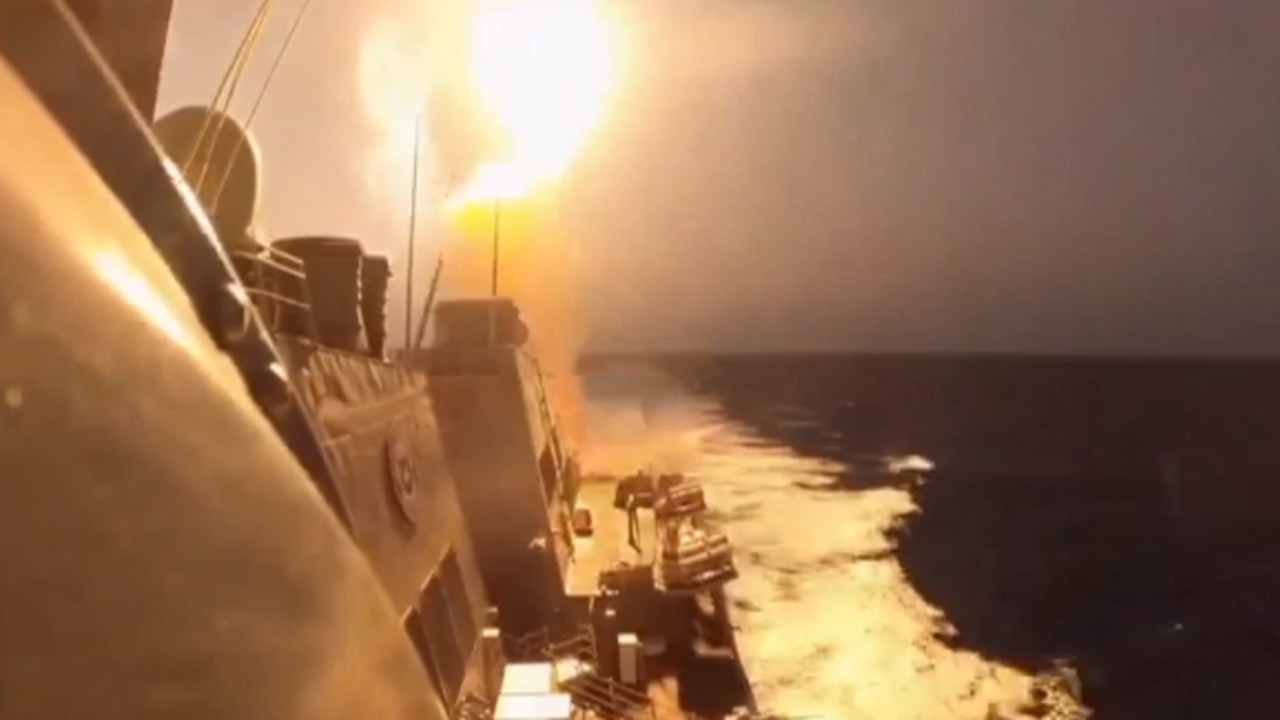
For the world economy, disruption to shipping in the Middle East would compound a slowdown in transit through the Panama Canal due to low water levels.
If the Red Sea becomes a no-go zone for most tankers, it would redraw the global oil market for the second time in two years after the war on Ukraine and related sanctions forced Russia to find new markets for its petroleum.
That could send oil prices and tanker rates vaulting higher, said Richard Matthews, research director at E.A. Gibson Shipbrokers.
“All you know is it is going to cause chaos, and everything is going to get a lot more expensive,” he said.
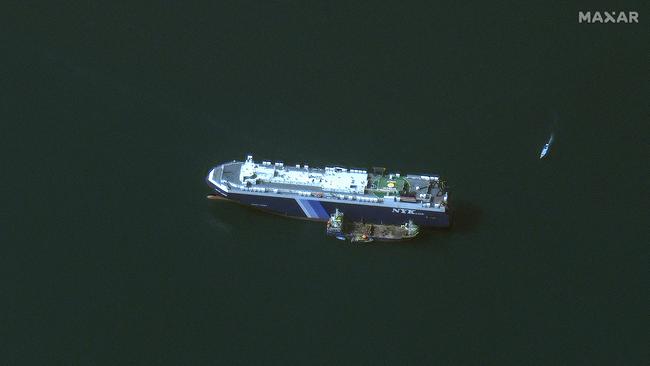
As of Monday morning, Mr Matthews said most tanker companies were still willing to send their vessels through the shipping chokepoint, preventing a jump in prices.
Brent crude futures, the global benchmark, rose 2.5 per cent to about $US78 a barrel in Monday trading. The cost of chartering tankers in the region also edged up as shipowners looked to pass on higher insurance costs to traders renting their boats.
That gave a boost to shares of tanker owners including Frontline and Tsakos Energy, which rose about 3 per cent and 4 per cent, respectively, in US trading.
“It’s becoming more serious so we are diverting some tankers,” said Lars Barstad, the chief executive of Norway-based Frontline. “The escort force will be very much welcome. It will make passages slow significantly but it will be much safer.”
The Red Sea separates Africa from the Middle Eastern Gulf, and is bookended by Egypt’s Suez Canal to the north and Bab el-Mandeb to the south.
Those two straits, combined with the Sumed pipeline running through Egypt, accounted for 12 per cent of all the oil that traded by sea in the first half of 2023, according to the US Energy Information Administration. About 8 per cent of the world’s trade in liquefied-natural gas also passes through those routes.
The Houthi group said in mid-November that it would target Israeli ships, and this month said it would widen that threat to prevent the passage of all ships to Israel if more humanitarian aid isn’t allowed into Gaza.
Houthi forces have attacked vessels that have no association with Israel, maritime security firm Ambrey said in a note to clients late last week. The firm also said that instability in northern Somalia was raising the risk of piracy in the region.
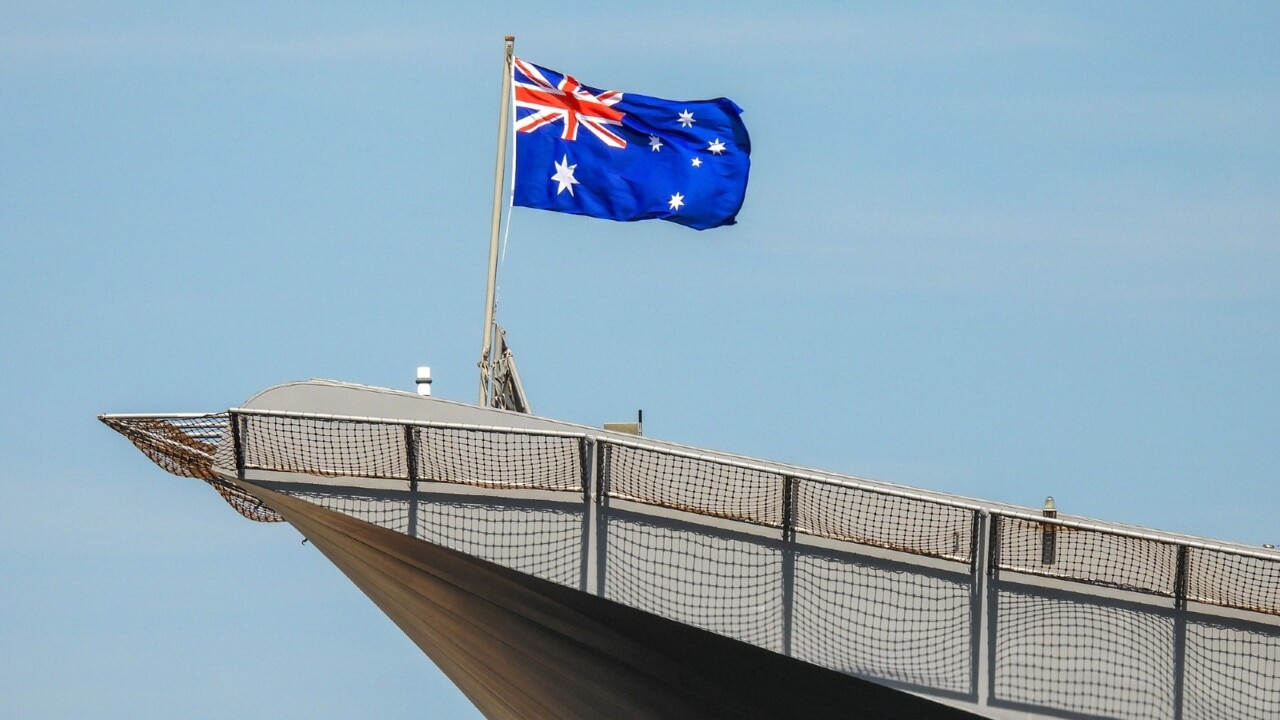
Oil traders said a major drop in the number of tankers sailing through the Red Sea would affect the market in refined products such as diesel and petrol more than the market in crude.
That is because Europe has imported refined fuels in huge volumes from the Middle East and India since it stopped most shipments from Russia at the start of this year.
At the same time, Russian crude and fuel that once got bought by refiners in Europe now sails through the Red Sea to buyers in India, China and other fast-growing Asian markets.
Mark Esposito, an analyst at commodities-data firm S & P Global, said daily southbound flows through the Suez Canal have risen by about 1.5 million barrels to 4.7 million barrels a day this year, while northbound volumes are up by about 300,000 barrels daily to 3.5 million.
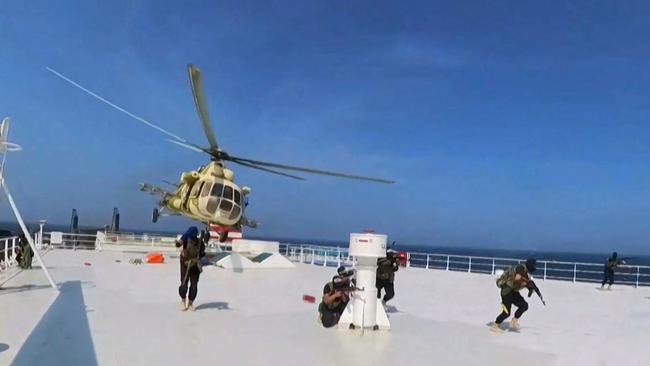
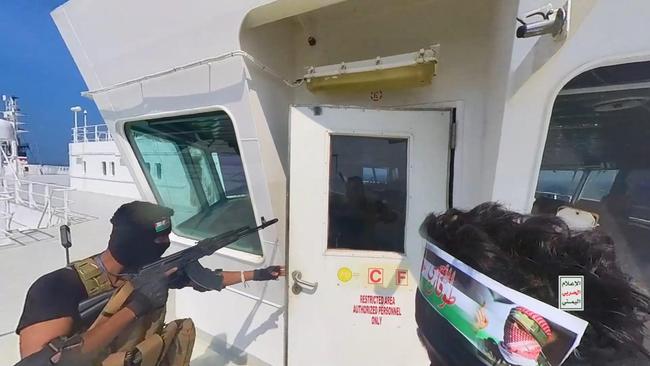
For shipowners and the companies that charter their vessels, there are both reputational and financial dangers associated with sailing through a region where boats have been attacked. The biggest crude carriers hold more than $US150 million ($224m) in oil at current Brent prices.
Insurance premiums have gone up but not so high that there is a clear financial incentive to sail the long way around Africa, said Mike Salthouse, head of external affairs at NorthStandard, a UK-based insurer.
Still, ship companies have a long history of operating in war zones where they can charge more money for their services. When international ships were attacked in the Gulf during the Iran-Iraq war in the 1980s, tanker owners kept sailing through the region.
“There are about 10 ships drifting on the North entrance of the canal – ships heading from Europe to Asia – as they assess the situation,” said Peter Sand, chief analyst at shipping platform Xeneta.
“Geopolitics is showing its ugly face and shipping has been taken as a hostage.”
The Wall Street Journal


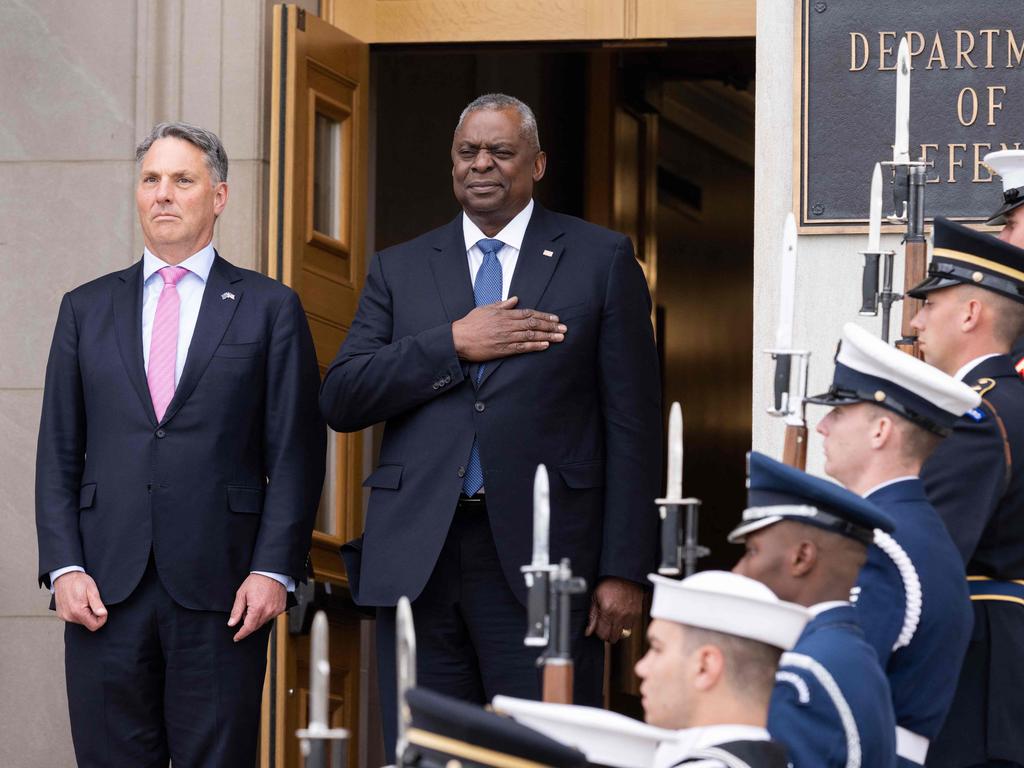

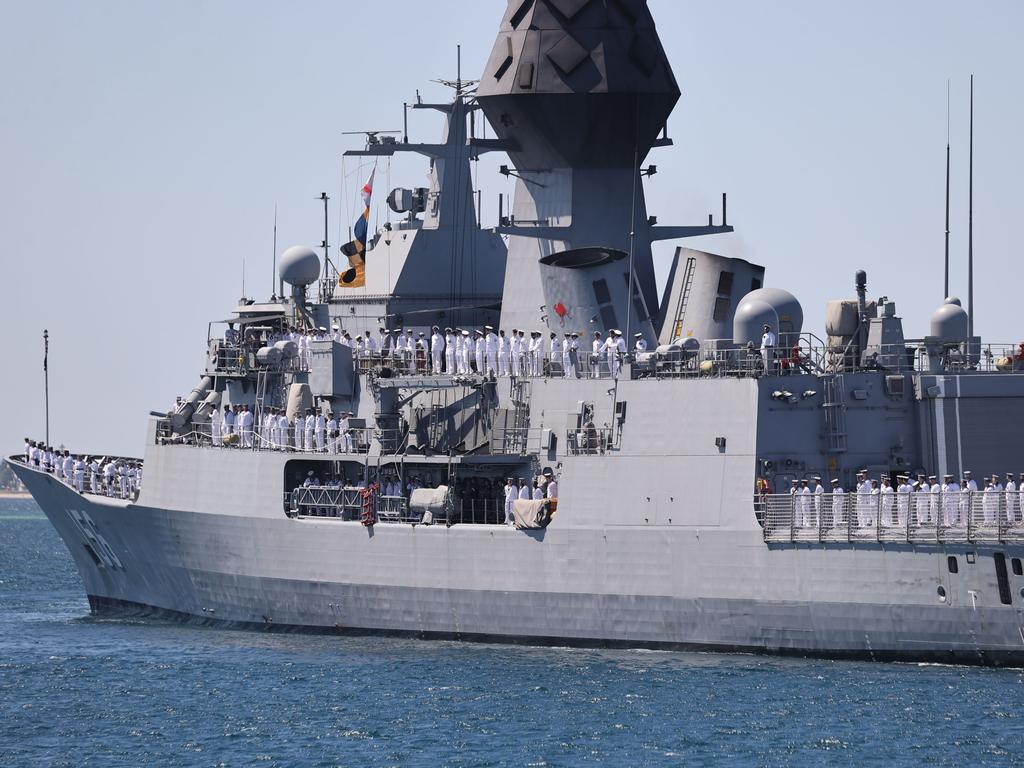


To join the conversation, please log in. Don't have an account? Register
Join the conversation, you are commenting as Logout